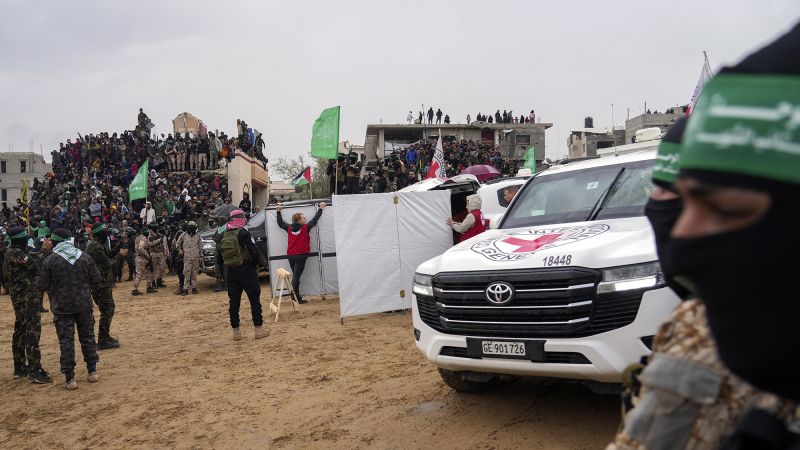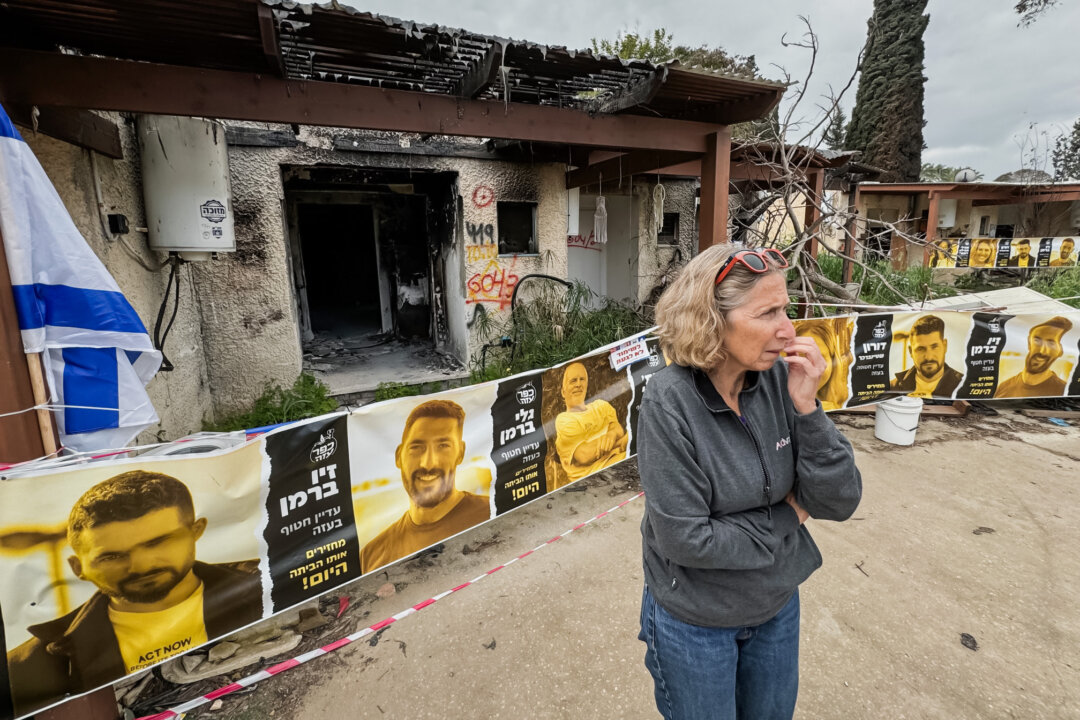Ceasefire Negotiations Continue Amid Hostage Tragedy and Military Failures in Israel
Israel faces scrutiny over military failures and evolving ceasefire negotiations, as hostages' families press for action amidst recent tragedies.
Subscribe to unlock this story
We really don't like cutting you off, but you've reached your monthly limit. At just $5/month, subscriptions are how we keep this project going. Start your free 7-day trial today!
Get StartedHave an account? Sign in
Overview
An Israeli investigation highlights military failures leading up to the October 7 Hamas attack, intensifying scrutiny on Prime Minister Netanyahu. As discussions in Egypt about extending the ceasefire continue, family members of hostages express their outrage after the death of Tsachi Idan, one of the last hostages released. His body was returned during a prisoner exchange. About 60 hostages remain, with 32 having been declared dead by Israel. Hamas reaffirms its commitment to the ceasefire terms while both sides navigate complex negotiations to resolve the ongoing conflict and oversee further hostage releases.
Report issue

Read both sides in 5 minutes each day
Analysis
- The Israeli military acknowledges significant shortcomings that contributed to the October 7 attack by Hamas, highlighting a miscalculation of the group's capacities and motives.
- Growing public scrutiny falls on Prime Minister Netanyahu for a comprehensive investigation into the political decisions leading up to the attack, amidst rising criticism of his leadership approach.
- Recent military findings suggest urgent reforms are necessary within Israel's military intelligence and readiness for unexpected, large-scale assaults.
Articles (11)
Center (3)
FAQ
The ceasefire agreement involves a three-stage process, including a six-week ceasefire, the exchange of hostages for Palestinian prisoners, the withdrawal of Israeli forces from Gaza, and a reconstruction process lasting three to five years.
About 60 hostages remain in Gaza, with 32 declared dead by Israel. Hamas has reaffirmed its commitment to the ceasefire terms, which include further hostage releases.
Recent investigations highlighting military failures leading up to the October 7 Hamas attack have intensified scrutiny on Prime Minister Netanyahu, potentially impacting his political standing.
The international community, including the U.S., Egypt, and Qatar, has played a significant role in brokering the ceasefire agreement. However, statements from leaders like U.S. President Donald Trump have raised concerns about the long-term viability of the ceasefire.
History
- 8M

 4 articles
4 articles






